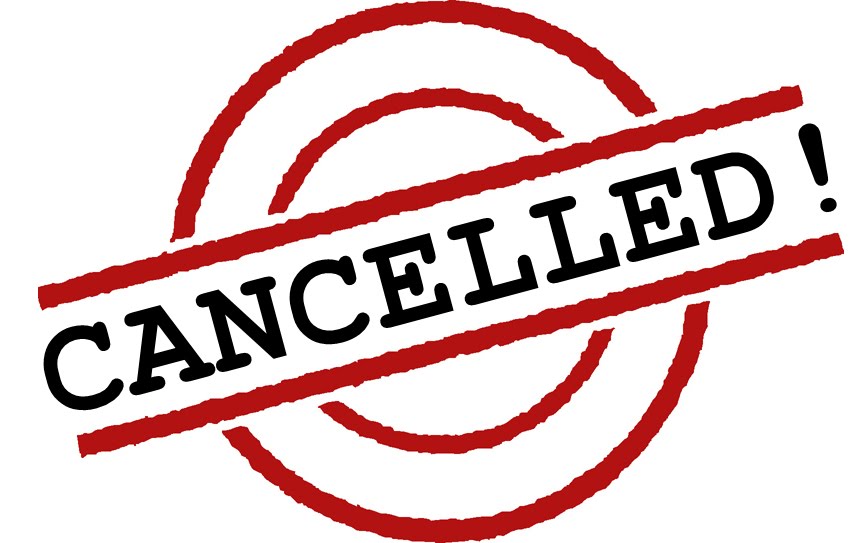Free image/jpeg, Resolution: 866×543, File size: 66Kb, cancelled stamp drawing
Should Cancel Culture Be “Cancelled?”
October 26, 2020
A new social phenomena, known as “cancel culture,” has found itself to take over online presence and social media throughout the nation. Cancel culture is the movement of withdrawing support from a particular celebrity, company, institution, etc., or “cancelling” them, due to their problematic or offensive actions/opinions.
“Cancelling” a particular person or entity has been present all throughout history, but now it’s all over social media, especially Twitter. Users on Twitter are easily able to voice their opinions, and participate in calling out others for their actions or ideals.
Most recently, many celebrities have not been able to escape the hands of cancel culture. For instance, JK Rowling, author of the infamous Harry Potter series, was “cancelled” due to a tweet on Twitter that was transphobic. Actress Lea Michelle, well-known as Rachel Berry on the TV show Glee, was “cancelled” due to her coworkers speaking out about the terrible treatment they received from her on the set of Glee. One of the biggest and most recent cancellations has been Talk Show Host Ellen DeGeneres, as people who worked with her on her show spoke out about The Ellen Show having a toxic work environment.
Many companies and institutions have also received backlash due to cancel culture. NFL Football teams have had a past of racist names, many of them being racial slurs, which has gotten them cancelled. Plus, brands like Aunt Jemima and Quaker Oats were canceled as well, leading to them to change their brand names.
Yet, cancel culture is highly debated amongst popular culture. Some claim for it to be an effective way to get someone to learn from their actions, while others claim that it is not productive and promotes online harassment.
So, the main question that is asked is should cancel culture itself be “cancelled”?
Those who are against the means of cancel culture. Said people believe that cancel culture promotes online harassment and bullying. Many people may receive death threats or even have their addresses leaked on social media. Plus, many perceive cancel culture to only be performative, rather than actually creating societal change. If someone creates a tweet or a hashtag calling someone out for their actions, it can be seen as not being activism as it doesn’t bring change.
On the other hand, there are those who are for cancel culture believe that it allows people to bring something to light and increases accountability in one’s words or actions. The culture itself, and its presence on social media, allows for people to “call out” others, so others have the option to take accountability for what they’ve done, especially when all other options fail (like the legal system). In its own way, cancel culture allows smaller and less powerful voices to be heard.
From celebrities to companies, cancel culture has engulfed our online society, and continues to grow its online presence. In the end, one can’t help but wonder: Is cancel culture right or wrong?
